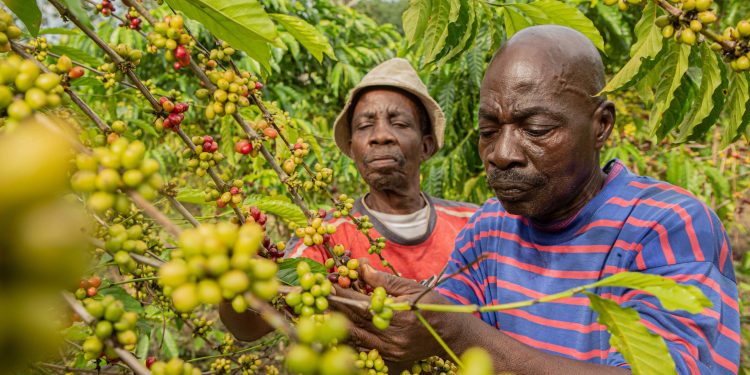Nestlé has reaffirmed its dedication to working closely with local farmers to ensure sustainable and safe agricultural practices, emphasizing the paramount importance of product safety in Central and West Africa. The company implements rigorous audits and quality checks to ensure compliance with the highest food safety standards.
Key Initiatives by Nestlé:
Collaboration with Farmers:
– Nestlé collaborates with local farmers to promote sustainable and safe agricultural practices.
– The company provides support and training to farmers to ensure the quality of raw materials from the source.
Supplier Audits:
– Rigorous audits are conducted to ensure that suppliers meet stringent food safety standards.
– These audits are crucial for maintaining the integrity of the supply chain.
Quality Checks in Manufacturing:
– Raw materials undergo stringent quality checks at every stage of production once they reach Nestlé’s facilities.
– Advanced technologies are used to detect and eliminate potential contaminants.
Employee Training:
– Significant investments are made in employee training to foster a culture of food safety and vigilance.
– Continuous improvement processes are in place to uphold high safety standards.
Consumer Transparency:
– Clear labelling and communication with consumers help them make informed decisions.
– Transparency about product contents and safety measures is a priority.
Research and Development:
– Nestlé invests heavily in R&D to stay ahead of potential food safety challenges.
– Collaboration with industry experts and leveraging scientific advancements ensure the company is well-equipped to respond to new threats.
Statements from Leadership
Mauricio Alarcón, CEO of Nestlé Central and West Africa, stated:
“At Nestlé, the safety and quality of our products are paramount. Every product must meet the highest standards of safety from farm to table. By working closely with farmers and suppliers, rigorously testing products, and continually improving processes, we are committed to providing consumers with safe, nutritious, and high-quality food.”
The Broader Context of Food Safety in Africa
In Central and West Africa, food safety remains a significant challenge. According to the World Health Organisation (WHO), 98% of the food safety burden affects underdeveloped nations, with Africa experiencing a high rate of food-related illnesses and deaths.
A holistic approach involving multiple stakeholders, including food and beverage companies, is essential to address these challenges. World Food Safety Day underscores the importance of preparedness and coordinated efforts in ensuring food safety.
Nestlé’s comprehensive approach to food safety—from working closely with local farmers to investing in advanced technologies and continuous employee training—demonstrates its commitment to ensuring the health and safety of its consumers in Central and West Africa. This dedication not only protects public health but also contributes to economic growth and sustainable development in the region.










